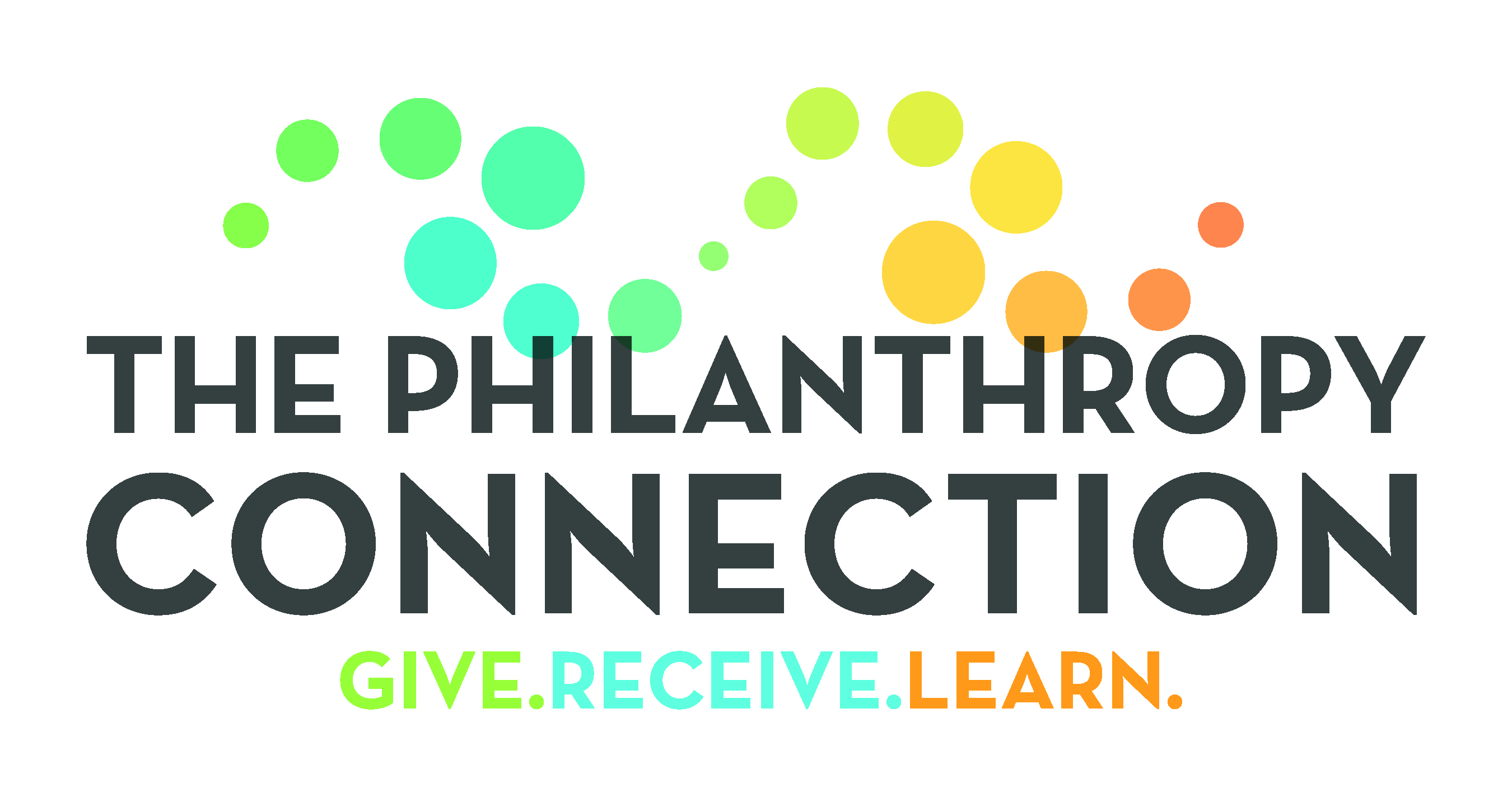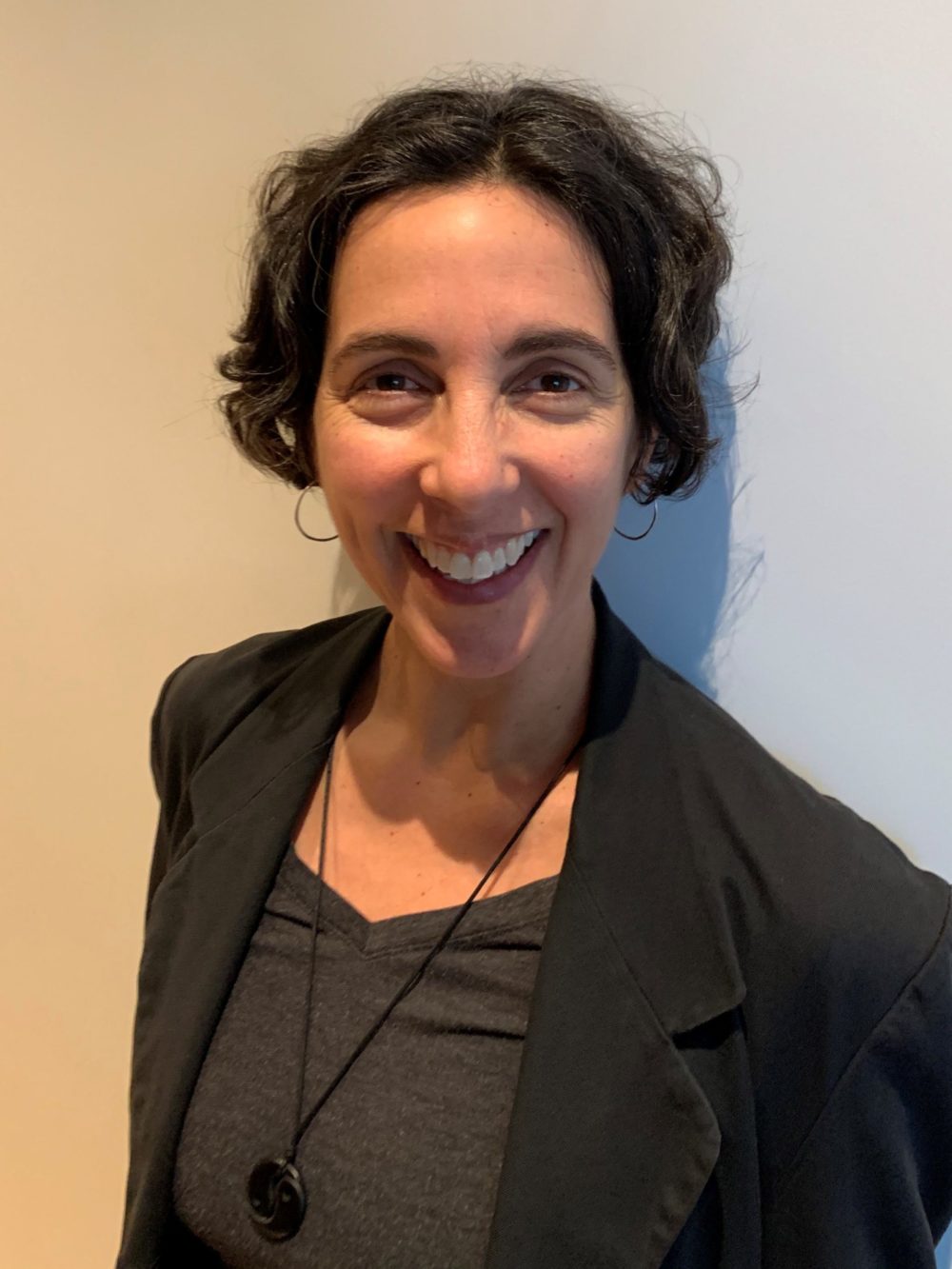Interview with Heather Wightman, Executive Director, RIA, Inc.
RIA, Inc. – a team of survivors and allies – stands alongside and supports women who have been impacted firsthand by the commercial sex trade, and its associated exploitation, trafficking, and prostitution. It provides a range of community-based services including peer outreach and trauma-informed relationship building, supported by clinical care, intensive case management, and groups.
The services RIA continues to provide to the Greater Boston area during this tumultuous past year is a testament to its dedication to achieving a world where people are not victimized, exploited, bought, or sold for the sexual gratification of another person. RIA walks alongside people undergoing great transition in their lives, Ready to Inspire and Act: the three words behind the acronym.
We had the chance to sit down with Heather Wightman, the Executive Director of RIA, to discuss her personal journey and the importance of RIA’s mission.
Tell us a little about yourself and how you came to found and head RIA, Inc.
I trained as a public health social worker and was an organizer in the violence prevention space working with middle schoolers and their families, and young adults upwards to age 26. These experiences were the foundation for where I am today. I learned about the buying and selling of people and came to understand that the industry is built on the backs of kids – and how the internet has significantly exacerbated that. What might have been a lesser-known reality has become this massive global industry of buying and accessing bodies.
I also entered the space through an understanding of my own story. My parents were working class; my dad was a laborer, and my mom managed the front desk of a manufacturing box company. I had a lot of time on my hands as a kid. It made me think through my childhood experiences and how simple it could have been to meet the wrong person, or be in the wrong place at the wrong time. And certainly, for those who have a history of trauma and abuse, it becomes even more complicated.
If you have adults looking for the most vulnerable population to take advantage of, kids are at the front of the line. The average age a child is first groomed by an adult into experiences of sexual exploitation is 14 years old. These adolescents are brought in by innocent-seeming ways at first, and then it escalates. Suddenly, they find themselves in the middle of a very complicated situation. Understanding all that, I wanted to learn as much as I could.
How did you gain the knowledge you needed to become immersed in this work?
Early on, I volunteered as much as possible. In the early 2000s, there were not many organizations focused on this issue. So, I sought other ways to continue my own education. The more I engaged, the more I began to understand the gaps in services provided to adults who had experiences in the commercial sex trade. I wondered, what happens once an adolescent turns 18 years old? How does this adult not end up in the market more deeply? There wasn’t really any such place available to support adult individuals in that phase of their life.
I worked for the Massachusetts Department of Public Health, for an anti-poverty agency in Somerville, and at a Lutheran organization that focused on refugee resettlement. These were all efforts aimed at being engaged as widely as I could within the space. But still, I wasn’t getting any closer to specialized services for adults.
And so RIA was born to fill this gap. How did it evolve into the organization we know today?
Once I identified the need, I asked a group of ladies who wanted to learn more about this complicated issue to come together and eventually start a service to fill the gap. About 15 of us self-identifying women came together in 2012. We met for almost two years, just learning and slowly doing some parts of the work.
When we knew it was time to take it to the next step, we pooled money together to hire a lawyer and gained our 501c3 status to officially become a nonprofit. We began fundraising in the home of one of our advisory members. The money raised was used to create care bags that we gifted to other organizations serving this population. Then we hired someone to start a support group. Finally, we got a federal grant to formally launch a direct service position. After a couple of starts and stops, Danielle, who is still with us, became our first clinical hire in 2016. We moved into our first office space within a month of hiring her. We started with what we had, and here we are today.
Tell us about the community you serve and the services you provide.
We serve adult survivors of the commercial sex trade who self-identify as women. We provide them with clinical counseling, peer mentorship, and accompaniment through a 1-to-1 trusting relationship. We don’t require people to be out of that life, or to be sober, to participate in our services. This ultimately allows more survivors to begin getting the help they need. We work hard to keep everyone safe on both staff and among the participants.
We were originally founded as “RIA House, Inc.” but recently refreshed our branding to become “RIA, Inc.” aligning more closely with our mission. In the beginning, we had hoped to provide a living environment for participants, hence the “House” part of our name. If someone doesn’t have a place to live, how can they recover and heal? But we didn’t have the flexibility to support housing. So, we started where we could: at the front lines, at the heart and soul of services.
What are some challenges RIA faces in 2021? And what’s on the horizon for RIA?
First and foremost, our services continue to be greatly needed. We have had so many intakes in just the last two weeks, and we are seeing more complicated situations where folks are really struggling. We have found making contact can be difficult as well. Being so isolated this past year has affected participants, and we are seeing more people struggle with mental health issues. Isolation has put people in more vulnerable situations, and with the pandemic, they may be more economically strapped. But the word is out there about what RIA can provide. We have peer mentors and clinicians on our team who make connections every day with people who have experienced complex sexualized trauma. We see about 200 people a year. Our 2020 Annual Report will be coming out soon and will offer a detailed look at the past year.
What is most gratifying about your work? Is there an example that stands out for you?
Working side by side with my team at RIA. The only way we can do this work is to be able to do it together. What everyone on the team is willing to do for each other – and in service of the people who come here seeking support – is truly remarkable. Every day, I look around and say, “We can do this” because we have the support of our team. I hope that the cards fall in our favor as we continue to forge ahead through these difficult times and that we continue to get better at helping people survive and thrive.
We want them to really thrive and to have the choice in their lives to recover. A recent example of this stands out to me: in our last newsletter to the community, we featured an interview with a participant. Knowing that she trusted us enough to be interviewed about her story shows how deeply we strive to build trust here. She’s currently enrolled in college and has a double major. And, although we built a strong connection with her, we still don’t know her real name. We are just so grateful to see this success for our participants. The fact that we were able to get this far makes us look forward to the year ahead.
How has TPC’s grant helped RIA?
(Note: because of the confidential nature of RIA’s work, explicit information about the application of TPC’s funds is not possible.)
It’s great that TPC continues to stay engaged with RIA, and we appreciated the opportunity to speak at a dialogue event and share RIA’s story. We are always looking for deeper roles within our organization, and welcome TPC members who are interested in becoming further enmeshed in our work. We also wish that we could have all met in person… but hopefully soon.

